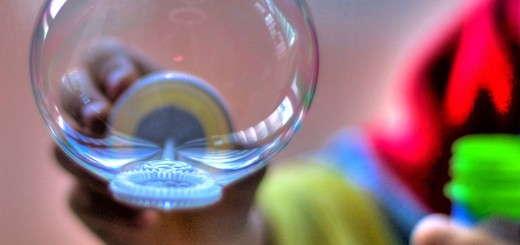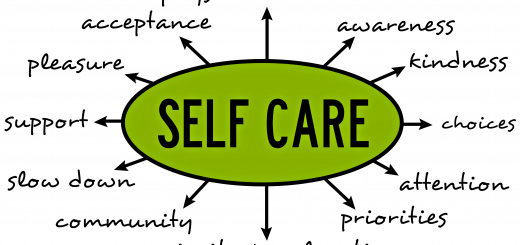How You Can Make Stress Work For You
It seems to me our generation sees stress as a burden that weighs us down and prevents us from being happy. We’ve heard for our entire lives that stress is a bad thing that can even make us sick. But more recently, researchers have been finding that stress can actually be good for you.
Kelly McGonigal, a health psychologist and author of The Upside of Stress: Why Stress Is Good for You, and How to Get Good at It, gave a TED Talk in 2013 called “How to Make Stress Your Friend.” She talked about the health benefits of learning mental and emotional stress-management skills.
Her talk has more than 15 million views on the TED site and 5 million more on YouTube—that’s how many people want to know how they can manage stress better!
I think her talk can really help young people, especially students with mental health difficulties. Here are some points she makes—but if you want the entire picture, listen to the whole talk.
- Attitude can affect life-expectancy. If you think stress will hurt you, you may well get hurt. A study that tracked 30,000 people in the United States for eight years found that the folks who had a lot of stress and believed that stress is harmful were 43 percent more likely to die. But: people who had a lot of stress and didn’t view stress as harmful had the lowest risk of dying than anyone in the study—even less than people with little stress.
- Attitude can affect cardiovascular health. Usually, physiological responses to stress include constriction of the arteries, which is associated with cardiovascular disease. In a study where participants viewed their stress response as helpful, their blood vessels stayed relaxed. This is a much healthier state for your body to be in and prevents the harmful effects that stress may typically have.
- Stress can make you social. Oxytocin is a hormone that’s usually known as “the cuddle chemical,” because it’s released when you look into the eyes of someone you love or when you hug loved ones. But McGonigal says it’s also released during stress. It primes you to strengthen close relationships and makes you more willing to help and support the people you care about—and also to ask for help. Oxytocin also helps your heart cells heal from any stress-induced damage—so it actually protects your heart. The effects of this hormone are enhanced by social contact and support, creating a positive cycle of recovery and stress-resilience.
- Caring creates resilience. McGonigal says another study found that people who went through major stressful life experiences and who spent time caring for others showed no stress-related increase of dying.
You can transform the harmful effects of stress when you choose to view your inborn stress response as helpful. So as you begin the new year and all its challenges, or the next time you have an important exam or interview, remember that stress is not weighing you down but actually helping you rise to the challenge.
Can you think of a time when you felt tons of stress, and negotiated well?—or, on the other hand, not so well? What helped you, or what could you have done differently?




Recent Comments